The Responsible Artificial Intelligence Lab (RAIL) organised an immersive 3-day robotics training session tailored for Mentors from the RAIL Robotics Club in the Junior and Senior High Schools from the 13th to 15th December, 2023. The event was held at the Faculty of Electricals and Computer Engineering’s Lab, Kwame Nkrumah University of Science and Technology (KNUST).
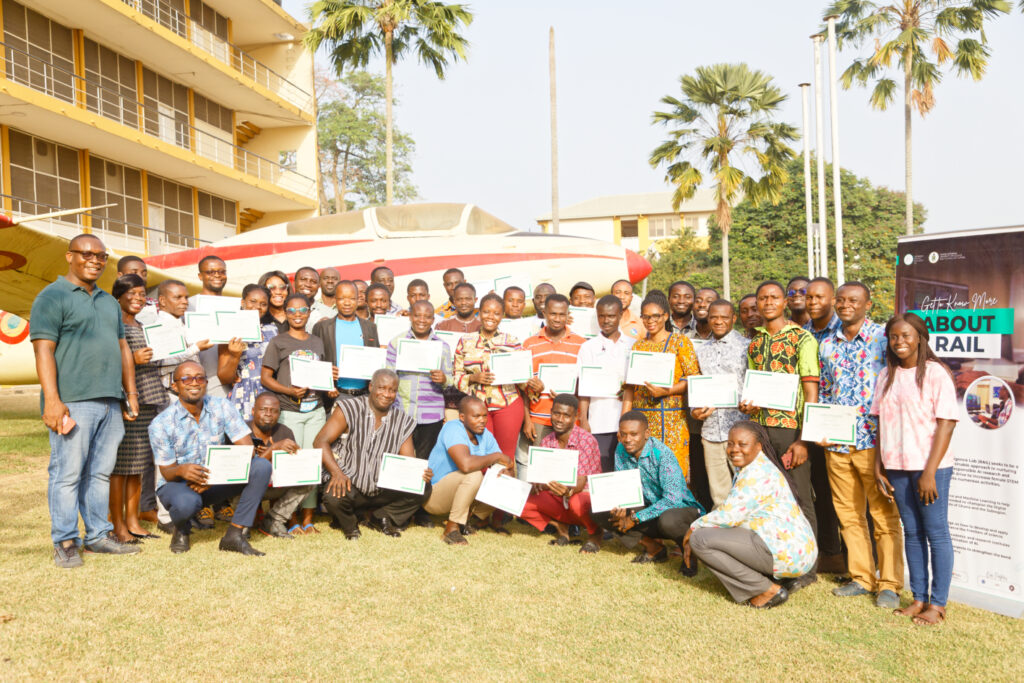
This initiative focused on equipping mentors with foundational programming and coding skills. The primary aim was to enable these mentors to effectively educate and train their students with the necessary skills in robotics, fostering their ability to address societal challenges to contribute to shaping the future of AI in Ghana and beyond. Additionally, the goal is to encourage the creation of AI-based solutions across diverse sectors of the Economy.
RAIL has established these robotics clubs in some Junior High Schools, including Ayeduase Roman Catholic Junior High School (J.H.S) and Good Shepherd Roman Catholic J.H.S, and some Senior High Schools, including Dormaa Senior High School (S.H.S), Atebubu S.H.S, New Konkrompe S.H.S and KNUST S.H.S. Plans are being made to inaugurate the Bassa Community Senior High School and St. Louis S.H.S Robotics Clubs.
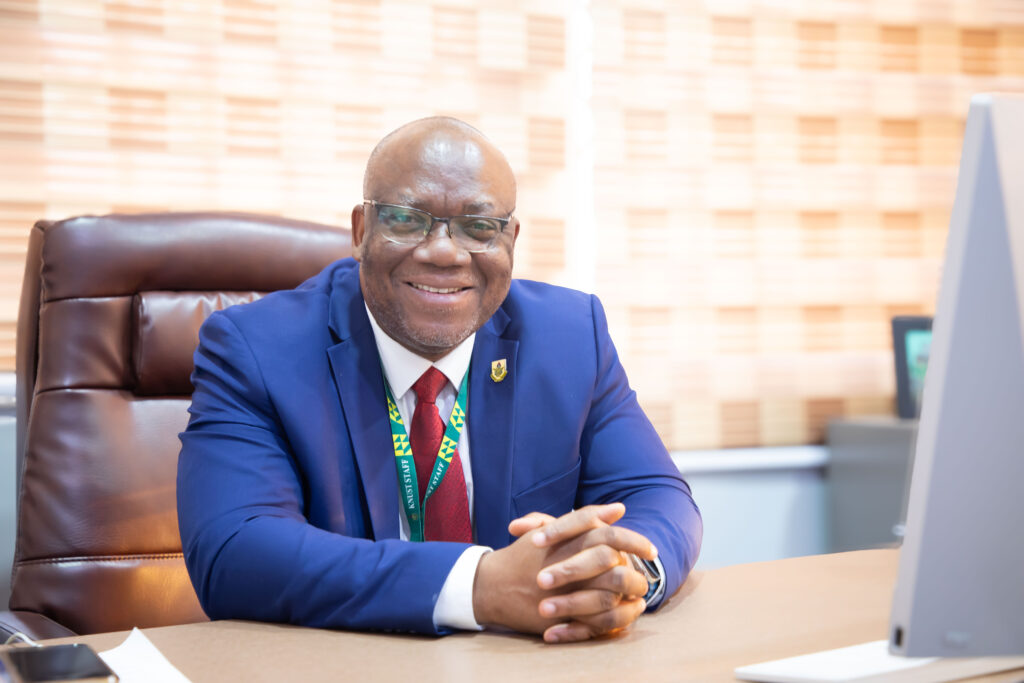
In his opening remarks, Prof. Jerry John Kponyo, the Principal Investigator and Scientific Director at RAIL, highlighted the pivotal role of quantum science and robotics in shaping the future and emphasised the role of teachers in imparting essential robotics skills and knowledge to the younger generation to solve societal challenges.
‘It’s crucial to build capacity in the digital space by equipping and empowering teachers with essential digital skills to impart invaluable knowledge to the younger generation’, he said.
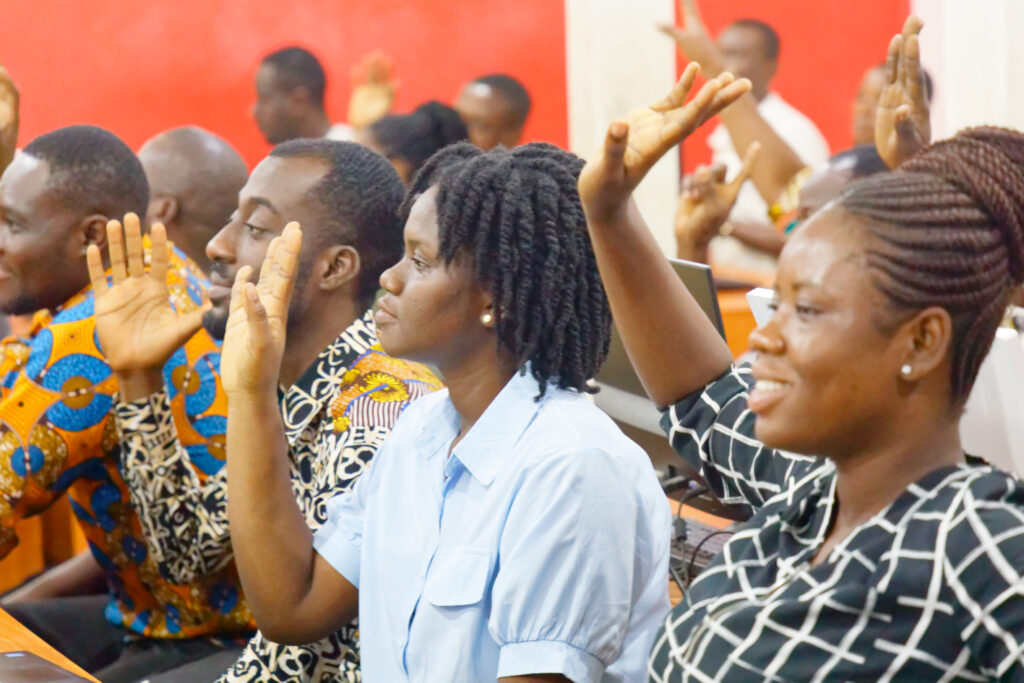
In articulating their expectations, the mentors looked forward to gaining knowledge from the training to impact the community, build social connections, advocate for girls’ involvement in robotics and AI, and nurture the upcoming generation through training.
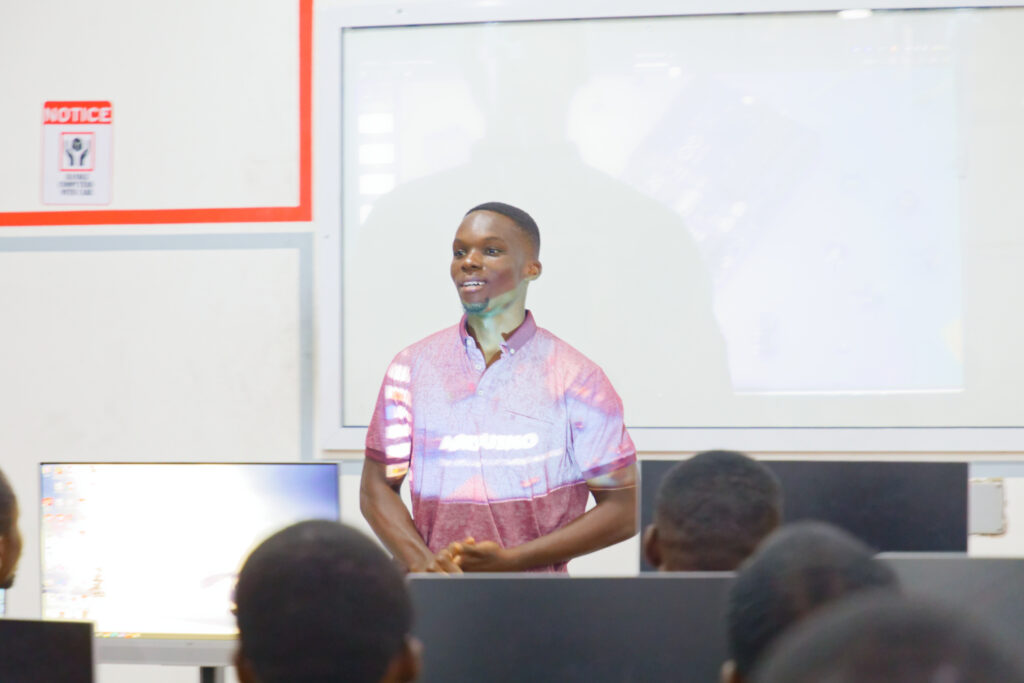
William Dadzie-Rhule, a research assistant at the KNUST College of Engineering Innovation Centre, guided the mentors through the fundamentals of robotics and Arduino. In his presentation, he took them through the history, types and basics of Arduino, Microcontrollers and Microprocessors, which are all essential tools for coding.

In the subsequent sessions, Kasuadana Suleman Adams, a researcher at the KNUST College of Engineering Innovation Centre, guided the mentors in Python coding. He systematically led them by ensuring a comprehensive understanding of these tools for coding diverse applications.
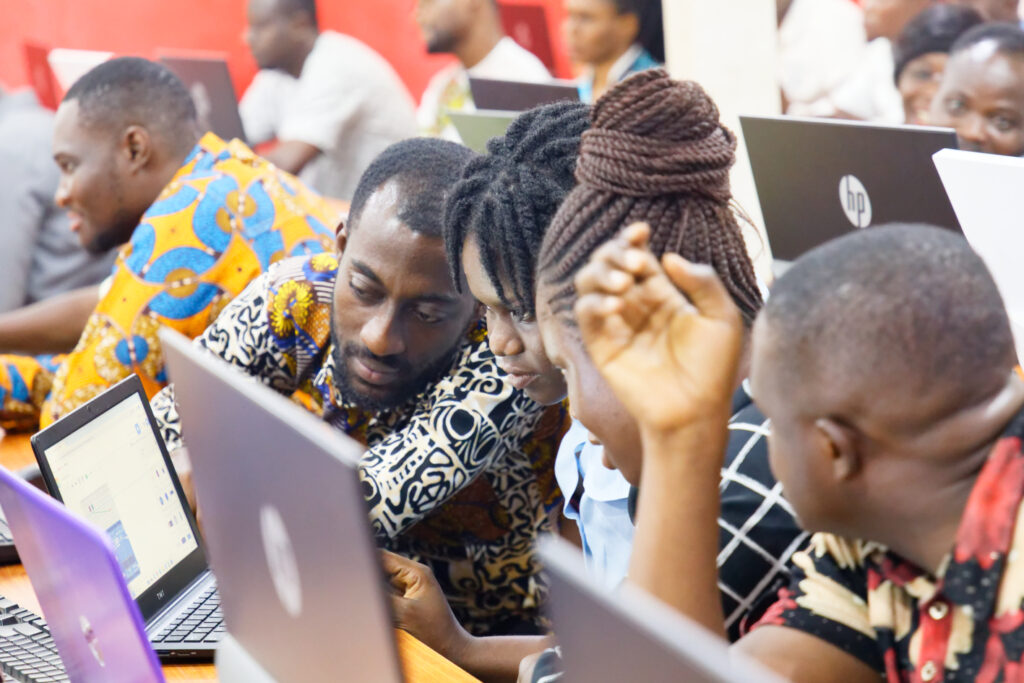
In addition, the mentors received assignments to practice Python and Arduino coding during the hands-on session.
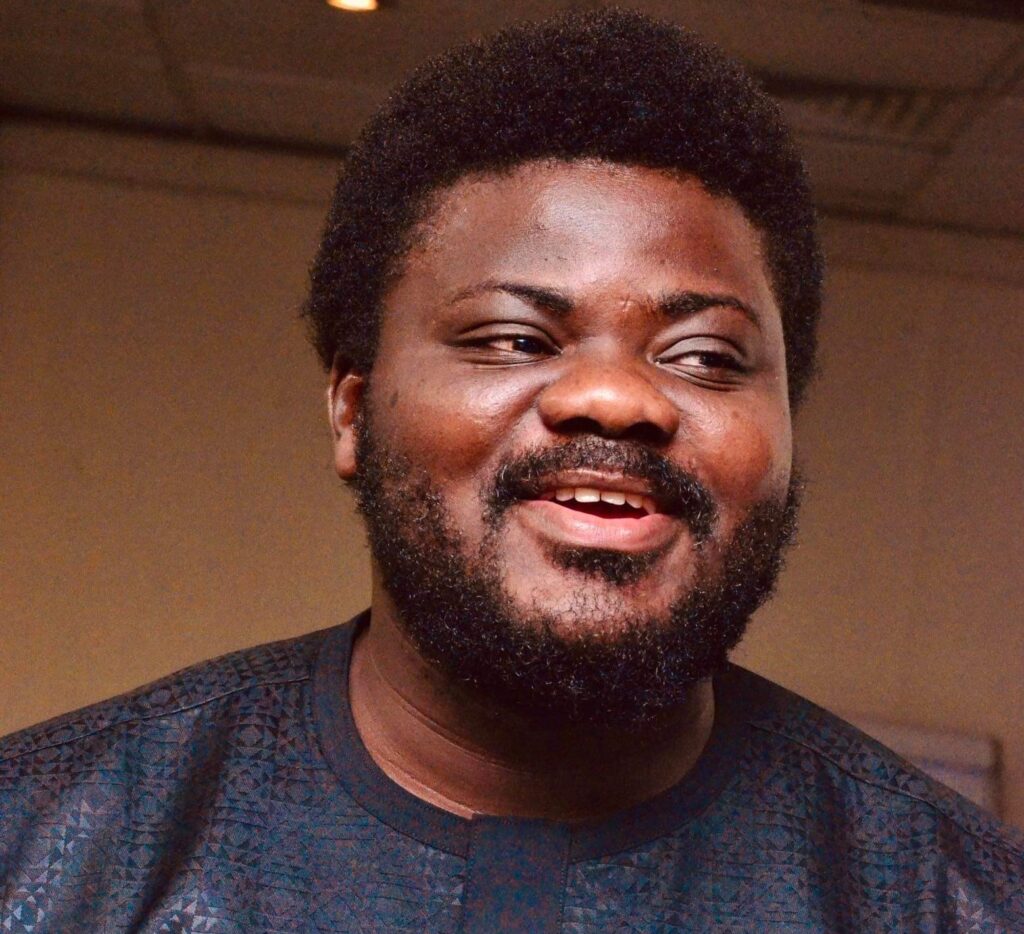
Darlington Akogo, founder and C.E.O of minoHealth AI and karaAgro AI and a consultant for RAIL, joined the session virtually and delivered an extensive presentation on Open CV and EV3. He elucidated the utilisation of essential tools in coding.
Prof. Kponyo dully launched the upcoming RAIL robotics Challenge set for 2024. He emphasised that the training session was just the beginning of many sessions.
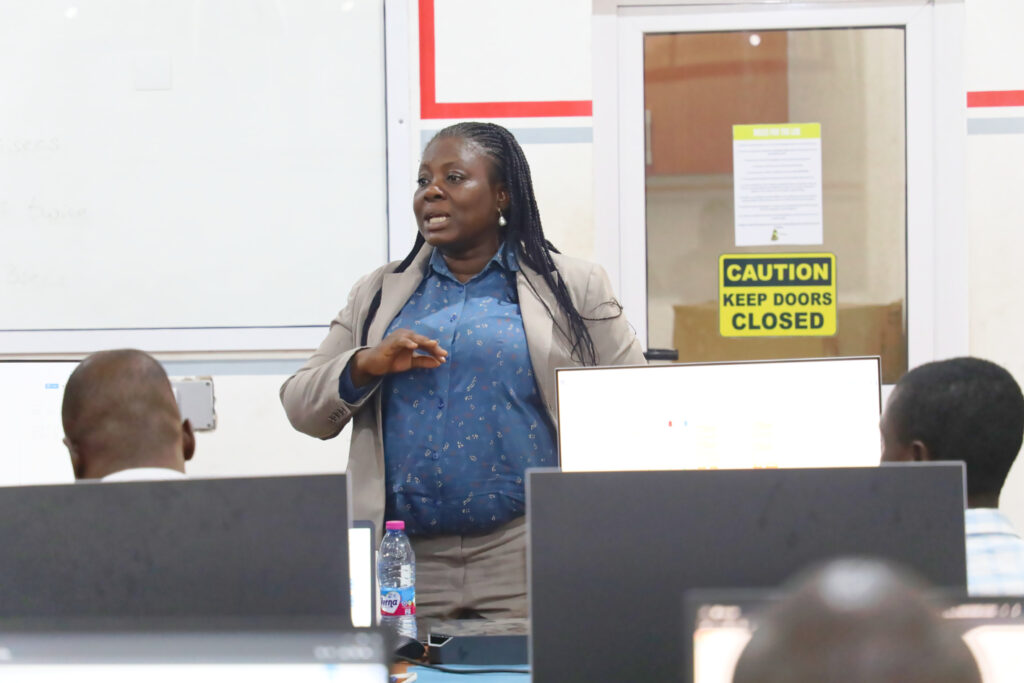
Dr. Eunice Akyereko Adjei, Women in Technology Officer, RAIL, briefed the mentors on the Challenge’s requirements and associated benefits. Notably, the Challenge would involve participation from RAIL clubs in the Junior High and Senior High schools.
Emmanuel Acheampong, a mentor from Ayeduase Roman Catholic, shared his club’s ongoing project of a smart school farm to address the issue of malnutrition among pupils. The project involves developing AI technology for the farm to cultivate crops with ideal nutritional content for school meals. This initiative addresses problems of malnutrition influenced by various factors like poverty, financial constraints on the parts of parents, pupils living with single parents, relatives and non-relatives. The School aims to cultivate crops to supply nutritious school meals, precisely balanced with essential vitamins, nutrients, and minerals to support the growth and development of pupils while providing financial assistance to some students through the sale of the proceeds.
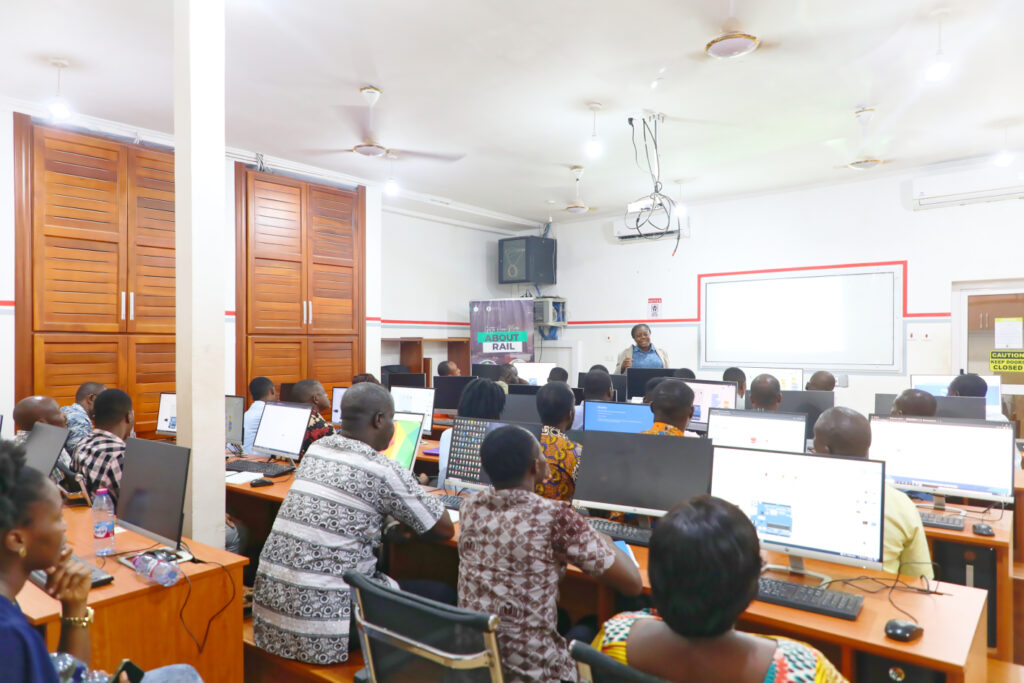
The training session was enlightening and transformative, as mentors were well-equipped and trained. Prof. Kponyo gave the closing remarks, expressing his gratitude to the mentors for their presence and encouraging them to apply their newly acquired knowledge to impact their respective fields positively.
‘Our training session together has been truly remarkable. We encourage you to apply the knowledge, skills, and training you’ve acquired today to drive a positive change in your schools and communities, he conveyed warmly.